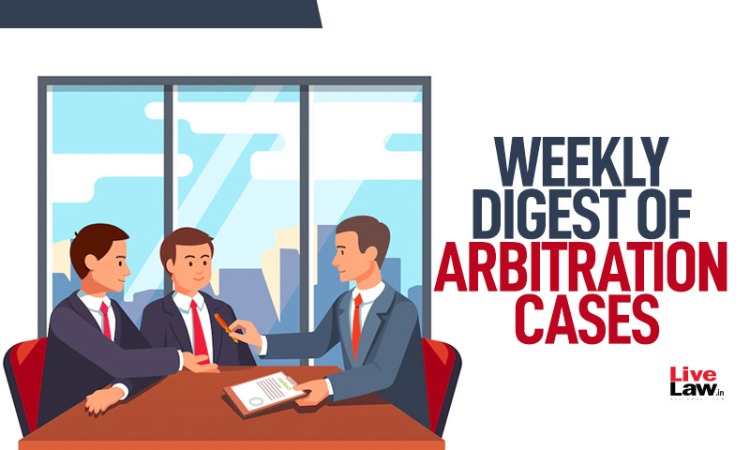Next Story
8 Jan 2023 1:00 PM IST
Bombay High Court: Dispute Between Service Providers Can’t Be Referred to Arbitration: Bombay High Court Case Title: World Phone Internet Services Pvt. Ltd. versus One OTT Intertainment Ltd. In Centre The Bombay High Court has ruled that the Telecom Regulatory Authority of India Act, 1997 (TRAI Act) is a self-contained Code, intended to deal with all disputes arising out of...

